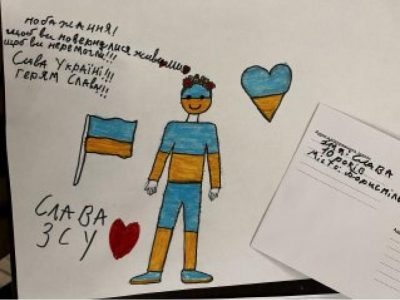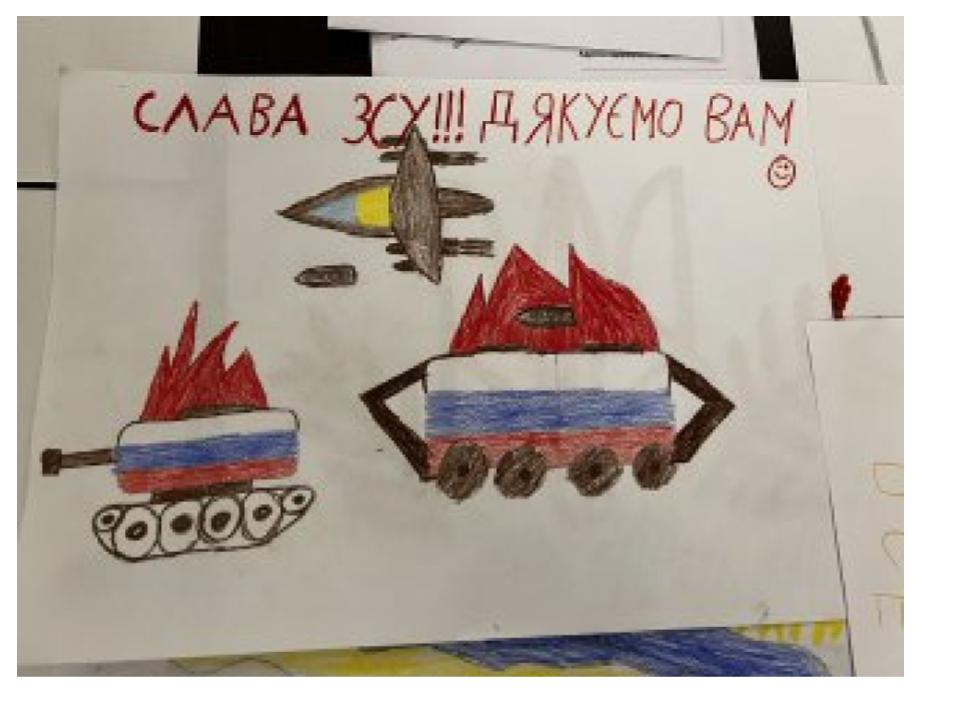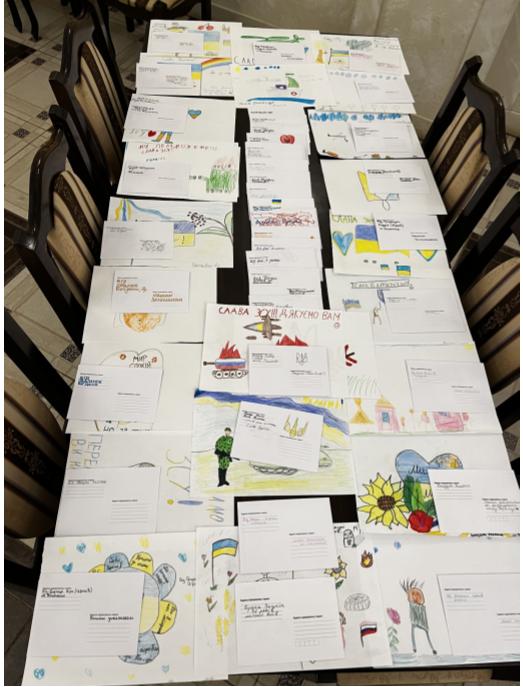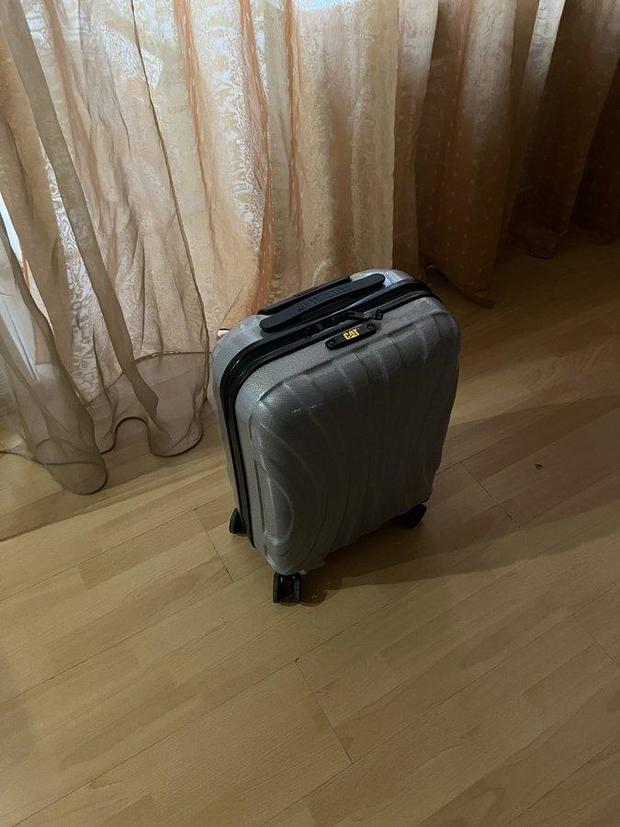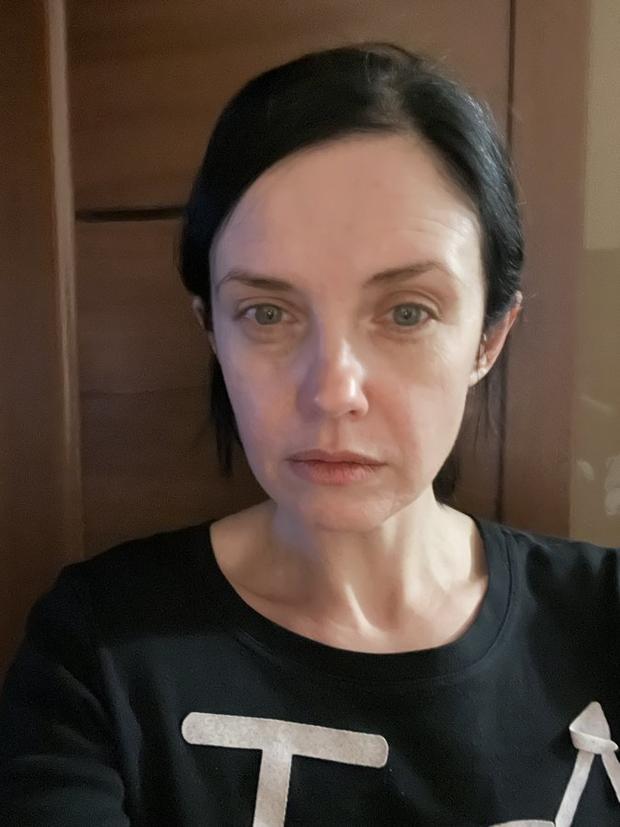From historyextra.com
If 1940 was the year in which Winston Churchill’s reputation was forged, 1942 was the one in which it was almost destroyed. Taylor Downing chronicles a terrible period for the prime minister – both on the battlefield and in the court of public opinion

On Saturday 14 February 1942, Japanese forces advanced to a point just a few miles from the city of Singapore. But in a corner shop in the Yorkshire town of Dewsbury, the conversation was about events much closer to home. Two days earlier, three large German warships, the Scharnhorst, Gneisenau and Prinz Eugen, had sailed up the English Channel and passed through the Strait of Dover in broad daylight. It was the one topic every customer in the Yorkshire grocery store wanted to talk about. “What have they been doing to let them ships escape? They’ve made fools of us, haven’t they?” exclaimed one woman.
The fact that Britannia no longer seemed to rule the waves – could not even stop German warships from passing within a few miles of the white cliffs – caused indignation. “By gosh, it’s time we bucked up, what with one thing and another – there’s only the Russians doing owt,” commented one male customer. “They wouldn’t have let them slip, you can bet.” Meanwhile, a woman complained that “it happened under our noses”.
These words were noted by the sales assistant, who was keeping a diary for Mass Observation, the social research project that recorded everyday comments by people across the land. Such remarks, plus other data, were used to provide regular assessments of morale for the Home Intelligence unit of the Ministry of Information. Today, Mass Observation records offer a unique insight into the concerns and attitudes of British people throughout a tumultuous year of the war.
A series of blunders and abysmal communication failures had allowed the German warships to pass within a few miles of the English coast. It was a humiliation for the Royal Navy. The press erupted in outrage, and the normally loyal Daily Mail led the charge with an attack not just on the government but specifically on the prime minister, Winston Churchill. Up to this point, most government criticism had avoided attacking Churchill himself. But now the Daily Mail asked: “Is it any longer true to say that we trust the prime minister, though we do not trust the government?”
Singapore surrenders
More bad news arrived that same weekend. After two months of retreat down the length of the Malay peninsula (what’s now mainland Malaysia), on 15 February the supposedly impregnable fortress of Singapore capitulated. Almost 100,000 British and imperial troops yielded to a far smaller Japanese force. It was the largest surrender in British history.
No one could hide a sense of shame – including the prime minister, who later said that the fall of Singapore was “the greatest disaster to British arms which our history records”.

On becoming prime minister in May 1940, Churchill had also appointed himself minister of defence. Every aspect of Britain’s military performance came under his supervision. He was responsible for the strategic direction of Britain’s war effort, so could not escape blame when things went wrong.
On a Royal Air Force (RAF) base at Digby in Lincolnshire, a young Women’s Auxiliary Air Force (WAAF) officer detected a new tone among her colleagues after the surrender of Singapore. As a Mass Observer, she dutifully wrote down what she heard. “Up to now,” she recorded, “the government has been criticised often, but always with the reservation ‘Churchill’s all right’. But now Churchill is condemned with the rest.”
Britannia no longer seemed to rule the waves. It could not even stop German warships from approaching the white cliffs
As one young WAAF said: “A month ago, if people had been talking about Churchill like this, we’d have called them fifth columnists, but now...” One of her friends said: “It’s time we had a new government – Churchill’s taking too much upon himself these days.” Another was reported as saying: “He roared all right in his time, but he’s outlived it.”
Churchill was thrown into a mood of despair by the disasters of that fateful weekend. After a cabinet meeting on 16 February, Foreign Office civil servant Sir Alexander Cadogan wrote in his diary: “PM truculent and angry – and havering [vacillating].” The next day, Churchill told the House of Commons that he would not allow a debate on the fall of Singapore, aiming to avoid a public discussion at such a tense time “in a mood of panic”. MPs were outraged. Labour MP Frederick Bellenger told the prime minister that “there is in the country, and indeed in the house at the present moment, a feeling that we have not got the right kind of persons to direct this war to a satisfactory conclusion... we have not got the right kind of government.” At this, the house cheered.
“Papa is at a very low ebb,” Churchill’s daughter Mary wrote after a private lunch with her father later that month. “He is not too well physically and he is worn down by the continuous crushing pressure of events. He is saddened – appalled by events.”
Outclassed again
The military disasters continued throughout the spring of 1942. In Burma (Myanmar), British and imperial troops were once again totally outclassed by mobile Japanese forces. After the capture of Rangoon on 9 March, British-led troops retreated 900 miles across jungles, mountains and ravines. When they crossed into India at the beginning of May, they looked as “gaunt and ragged as scarecrows”, according to their commander, General Slim. It was called the “longest retreat” in British history, and it left the Japanese at the gates of India.
The 'longest retreat' in British history, from Burma (Myanmar), left the Japanese at the gates of India
When a Japanese naval task force of five carriers and four battleships sailed into the Bay of Bengal at the start of April, panic ensued. In three days, 23 merchant ships sailing between Madras (now Chennai) and Calcutta (Kolkata) were sunk. Many began to fear that an invasion of India was imminent. An Eastern Fleet was hastily assembled but it was no match for the Japanese navy and their dive bombers, known as “Vals”. Two British heavy cruisers were sunk off Colombo in Ceylon (Sri Lanka), and a light carrier and a destroyer went down outside Trincomalee. All of the ships were lacking effective fighter cover. The admirals seemed to have learned nothing since the loss of HMS Repulse and the Prince of Wales four months before – sunk by Japanese bombers in the South China Sea with the loss of hundreds of lives.
Churchill was plunged further into despair by the devastation inflicted by the “Vals”. When RAF bombers failed to score any hits on the German battleship Tirpitz, lying up in a Norwegian fjord, he sent an angry note asking for an explanation of “how it was that 12 of our machines managed to get no hits as compared with the extraordinary efficiency of the Japanese [air] attacks?”
Under siege
Back in the Mediterranean, the island of Malta was under intense siege. In the early months of 1942 the British naval base was put out of action, and the cruiser squadron and submarine flotilla based there withdrew. Continuous air raids – sometimes more than a dozen in a day – devastated the island’s three RAF airfields. The city of Valletta was pulverised, its narrow streets reduced to rubble, and many of the island’s architectural jewels were destroyed. One convoy bringing supplies had to turn back. Three vessels of another convoy finally got through, carrying vital supplies of food, ammunition and fuel. But as Maltese dockers unloaded these ships, the Luftwaffe attacked again – and within 72 hours all three vessels had been sunk, with most of their precious cargo lost.
Supplies did, however, continue to reach the Eighth Army, which was contesting the see-saw desert war fought up and down the Libyan coastline. A huge base was built up around Gazala and Tobruk, with vast amounts of fuel, rations and ammunition. Infantry units were brought up to strength, and armoured brigades were re-equipped with new tanks including American Grants. In Cairo, General Claude Auchinleck waited for supplies to arrive but his foe, German general Erwin Rommel, was less patient.

On 26 May, he launched an offensive at Gazala. At first it faltered, and there was an opportunity for a counter-stroke that could have smashed the German and Italian forces. But Eighth Army commander General Neil Ritchie hesitated and, by the time he attacked, Rommel had reorganised his position. By 8 June, 220 British tanks had been knocked out, including many of the Grants. Churchill cabled Auchinleck from London: “Retreat would be fatal. This is a business not only of armour but of willpower.”
Sadly, the necessary willpower was lacking. Ritchie led a retreat to the Egyptian border but ordered Tobruk, well supplied and garrisoned, to hold out, as it had done the previous year. Rommel had a different idea. On Saturday 20 June, he launched an assault on the garrison. Following a shattering air raid, his engineers advanced to clear mines for his panzers. By afternoon, they had reached the harbour. The following day, the British surrendered. In 1941, Tobruk had held out defiantly for eight months. In June 1942, it collapsed in just one weekend.
Churchill was at the White House with President Roosevelt when the news came through. Some 33,000 British-led troops had surrendered to an Axis force of perhaps half that size. Churchill was shattered. “This was one of the heaviest blows I can recall during the war,” he later wrote, adding: “Defeat is one thing. Disgrace is another.”
Summer of discontent
Across the country, faith in Churchill’s leadership was crumbling. Mass Observation reported that July was “a month of discontent and disappointment”, recording a 55-year-old man as saying that: “We’ve made a balls of it everywhere.” A middle-class woman keeping a diary for Mass Observation in Hampshire recorded a neighbour saying that “she thought we would be under German rule here before too long”. Another friend “pleaded guilty to having lost faith in Churchill”.
The military debacles created a major political crisis for the prime minister and his government. One MP picked up “an atmosphere of disappointment, bewildered rage and uneasiness” in the house. A vote of no confidence was put down. The Labour MP Aneurin Bevan summed up the mood of many with a memorable aphorism: “The prime minister wins debate after debate and loses battle after battle. The country is beginning to say that he fights debates like a war and the war like a debate.” Despite the rhetoric, Churchill easily defeated the no confidence vote.
A friend of Churchill opined that: 'If we are beaten in this battle, it’s the end of Winston'
However, a credible alternative leader had emerged. Sir Stafford Cripps was an austere figure and an able communicator who captured the mood of the nation at this point of the war. Moreover, having been ambassador in Moscow until the beginning of the year, he cleverly associated himself with heroic Soviet resistance to the German invader, in contrast to repeated British failures. Mass Observation recorded that he was seen as “the first alternative leader-figure since the fall of Chamberlain”.
With a new offensive due in Egypt, Churchill desperately needed a military victory. Brendan Bracken, a close friend and supporter, said to a colleague: “If we are beaten in this battle, it’s the end of Winston.”
After a tense few months, though, Churchill finally got what he needed. In early November, Montgomery’s Eighth Army smashed the Axis forces at Alamein. Four days later, in a campaign dubbed Operation Torch, US troops landed in French North Africa (in what’s now Morocco and Algeria). The fighting in the desert was a long way from being over but victory looked increasingly certain. Churchill’s standing quickly revived, and by mid-December a Gallup poll recorded that satisfaction with Churchill’s leadership had been fully restored.
It was an upbeat end to an awful 12 months. 1940 is usually viewed as Churchill’s most difficult year as prime minister, marked by the fall of France, the Battle of Britain and the Blitz, but in fact it proved to be his “finest hour”. It’s often imagined that from that point he enjoyed plain sailing along the long, slow route to victory in 1945. But that was not the case. Churchill’s blackest hour came in 1942.
When, in 1950, he dictated his memoir-history for this period of the war, he described the long run of disasters in 1942 as “galling links in a chain of misfortune and frustration to which no parallel could be found in our history”. He reflected that, if he had been dismissed during the year of military disasters, he would then “have vanished from the scene with a load of calamity on my shoulders”. But Churchill survived. Military victory brought a revival of his political fortunes. As he later wrote: “Before Alamein we never had a victory. After Alamein we never had a defeat.”
Taylor Downing is a writer, historian and broadcaster. His latest book is 1942: Britain at the Brink (Little, Brown, 2022)
